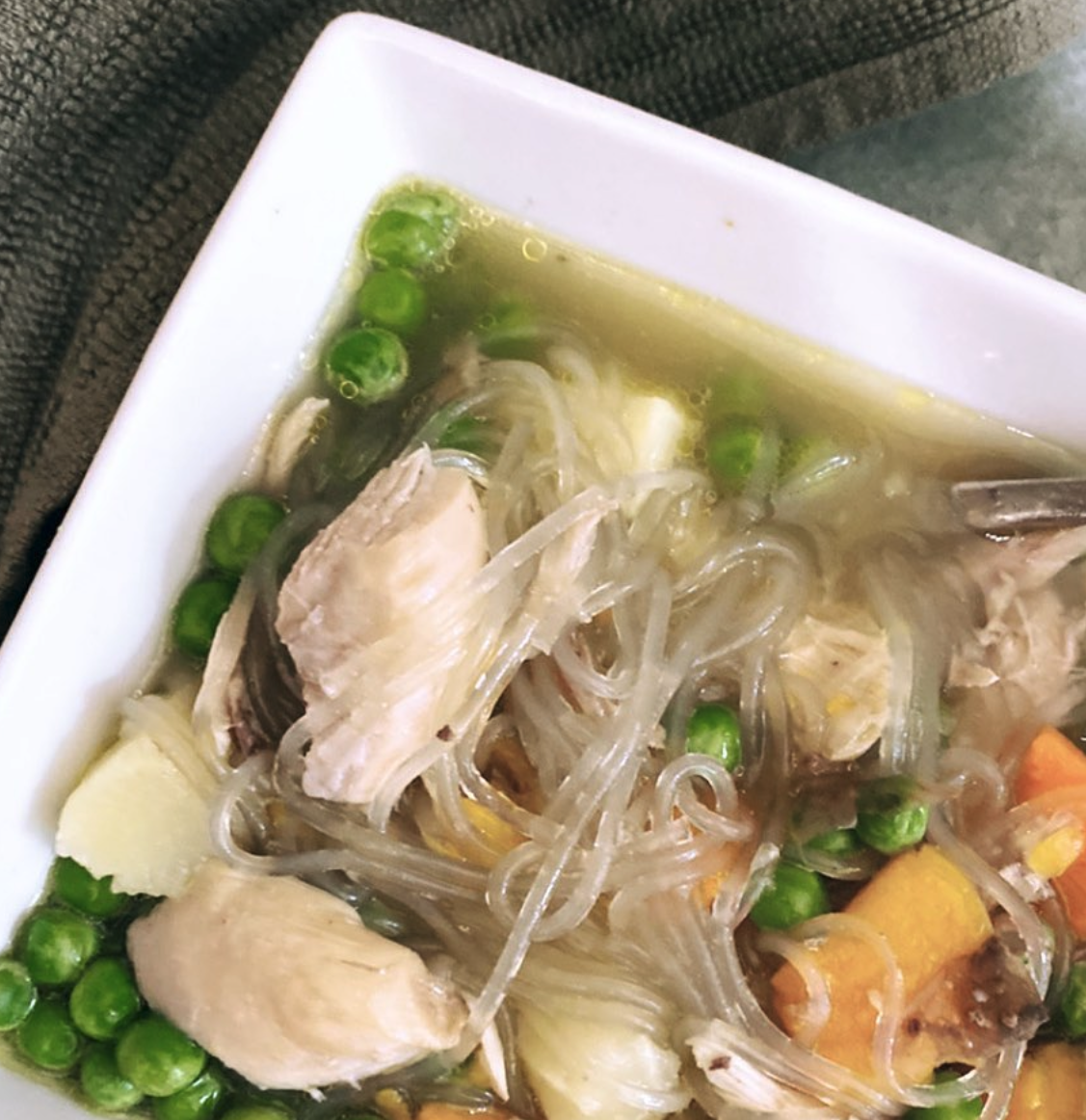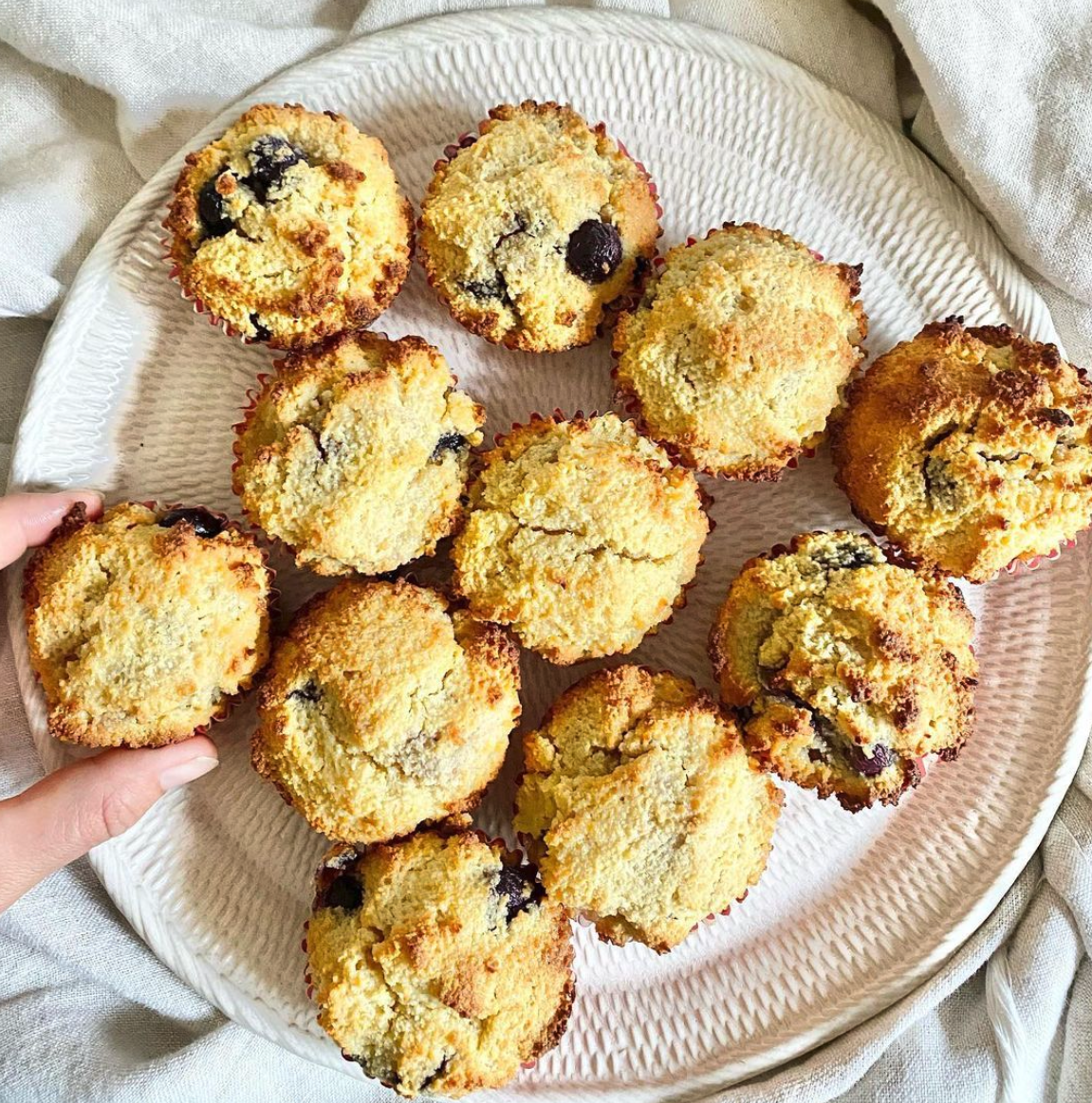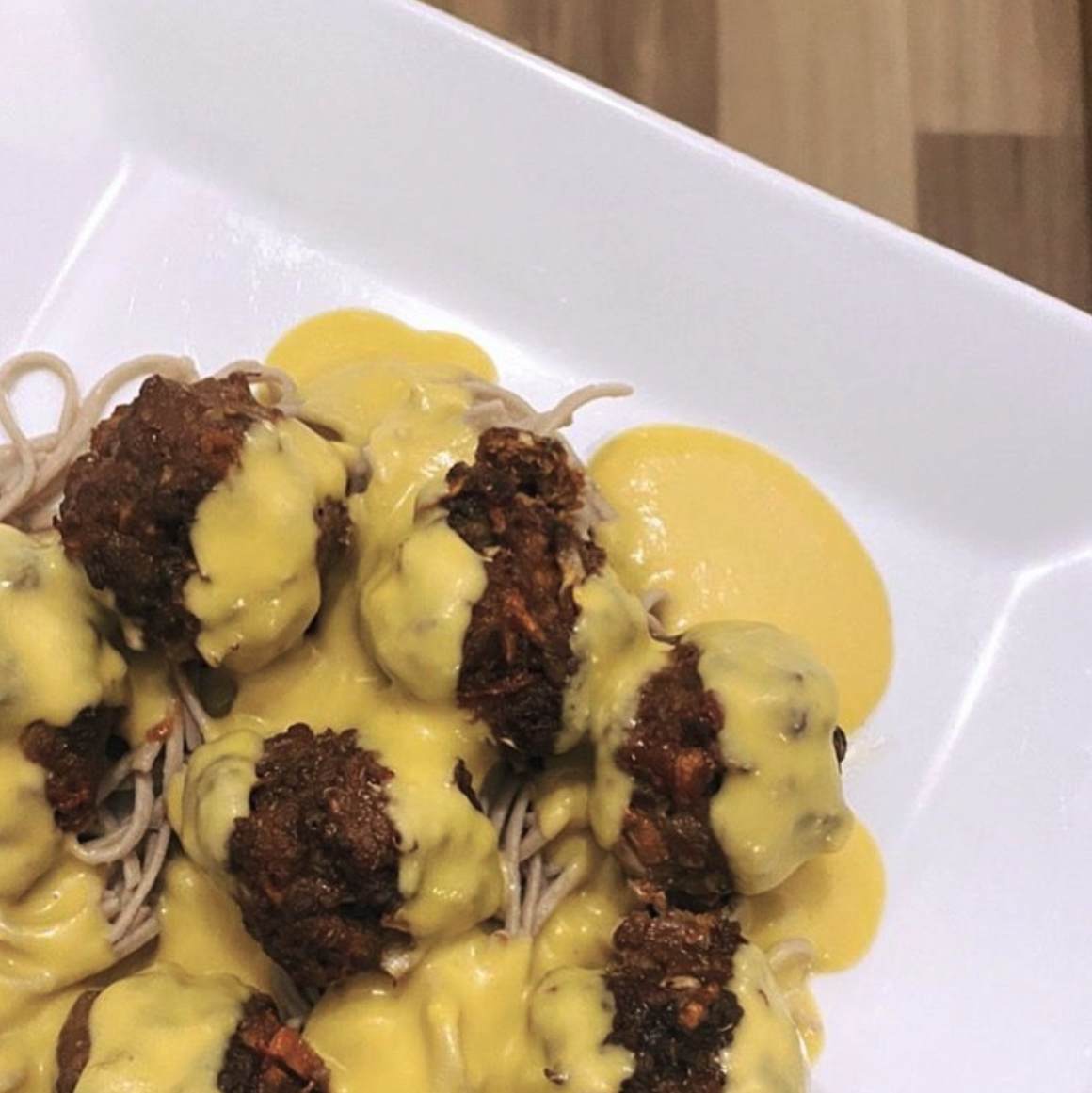
Is A Gluten Free Diet Right For You?
You may have noticed that many people are jumping on the “gluten free” bandwagon.
When people with celiac disease eat foods containing gluten, their immune system responds by damaging the finger-like villi of the small intestine. When the villi become damaged, the body is unable to absorb nutrients into the bloodstream, which can lead to a host of issues including anaemia, weight loss and stomach pains.
Many people also suffer from gluten intolerance (myself included and find that although I do not have celiac disease when I eat foods containing gluten I feel fatigued, I become bloated and I have terrible brain fog). If you have any of the following symptoms try eliminating gluten and see if there are any improvements.
Inflammation and swelling of joints
Muscle aches and pains
Bloating and digestive issues
Unexplained gas and diarrhoea and sometimes even constipation
Fatigue and sleepiness after eating
Chronic fatigue
Autoimmune disease e.g. Hashimoto’s, Ulcerative colitis or Rheumatoid arthritis
Hormone imbalances- endometriosis, pcos or unexplained infertility
Headaches and migranes
Mental issues such as depression or anxiety
A great way to see if you have any intolerances is to do the elimination diet where you cut out the food you think is a problem for 3-4 weeks and then reintroduce it and see if you have any issues.
When I did the elimination diet back in March 2014 I cut out gluten, dairy, egg, corn and soy for 4 weeks and then reintroduced one at a time. I found that gluten and dairy has a bad effect on my body. I kept those foods entirely out of my diet for a few months and saw huge improvements such as no bloating after I ate and my fatigue was gone.
Every now and then if I am out with friends I will treat myself to a bit of cheese or a treat which contains gluten and occasionally I will have a slice of spelt bread (contains less gluten than common wheat) or sour-dough which has been fermented therefore better for your gut. I just need to be aware of how much I am eating and I know if I go overboard my symptoms come back.
Although I don’t think a gluten free diet is essential for everyone, I encourage you to try the elimination diet as it is a wonderful tool to get to know what works and what doesn’t work for your body. Everyone’s body is different and it is so empowering to know what is right for you and how you can best take care of yourself. Keep in mind that on the elimination diet you have to be 100% gluten free to be able to see the full effects that it has on your body when you reintroduce. All forms of wheat are off limits including wheat and all wheat products such as wheat starch, wheat bran, wheat germ, couscous, cracked wheat, durum, gliadin, kamut, semolina, spelt also barley, bulgur, oats (oats themselves don’t contain gluten, but are often processed in plants that produce gluten-containing grains and may be contaminated), brewer’s yeast and rye also contain gluten. Be sure to carefully read labels as many food products contain gluten in unsuspecting places e.g. sauces and marinades.
If you need support with making changes with your diet, I do cover this in my coaching programs and I also recommend working with a naturopath or integrative doctor who can support you to make positive changes in your life.
You can also find my paleo bread recipe here.
Amy xx
*the first picture above is a picture of the bloating that was caused after eating a pizza





